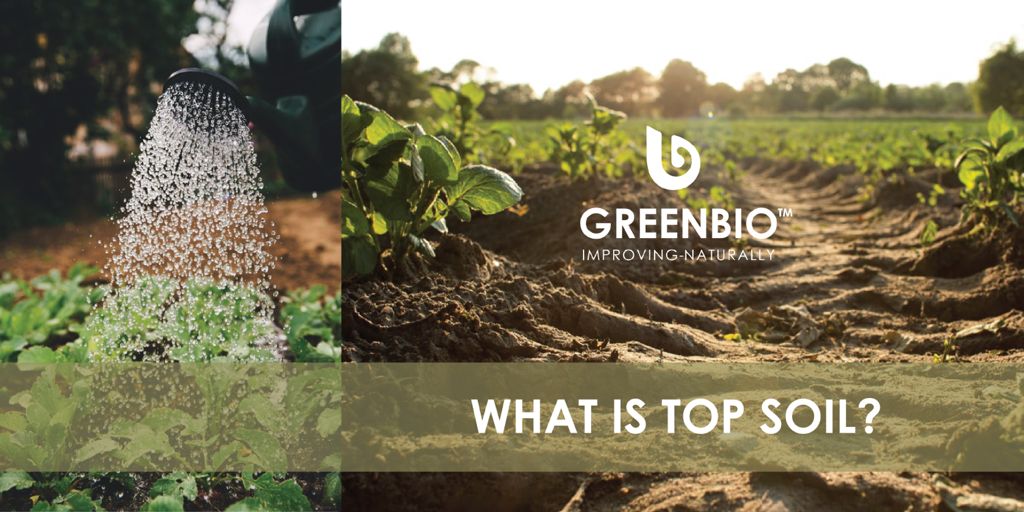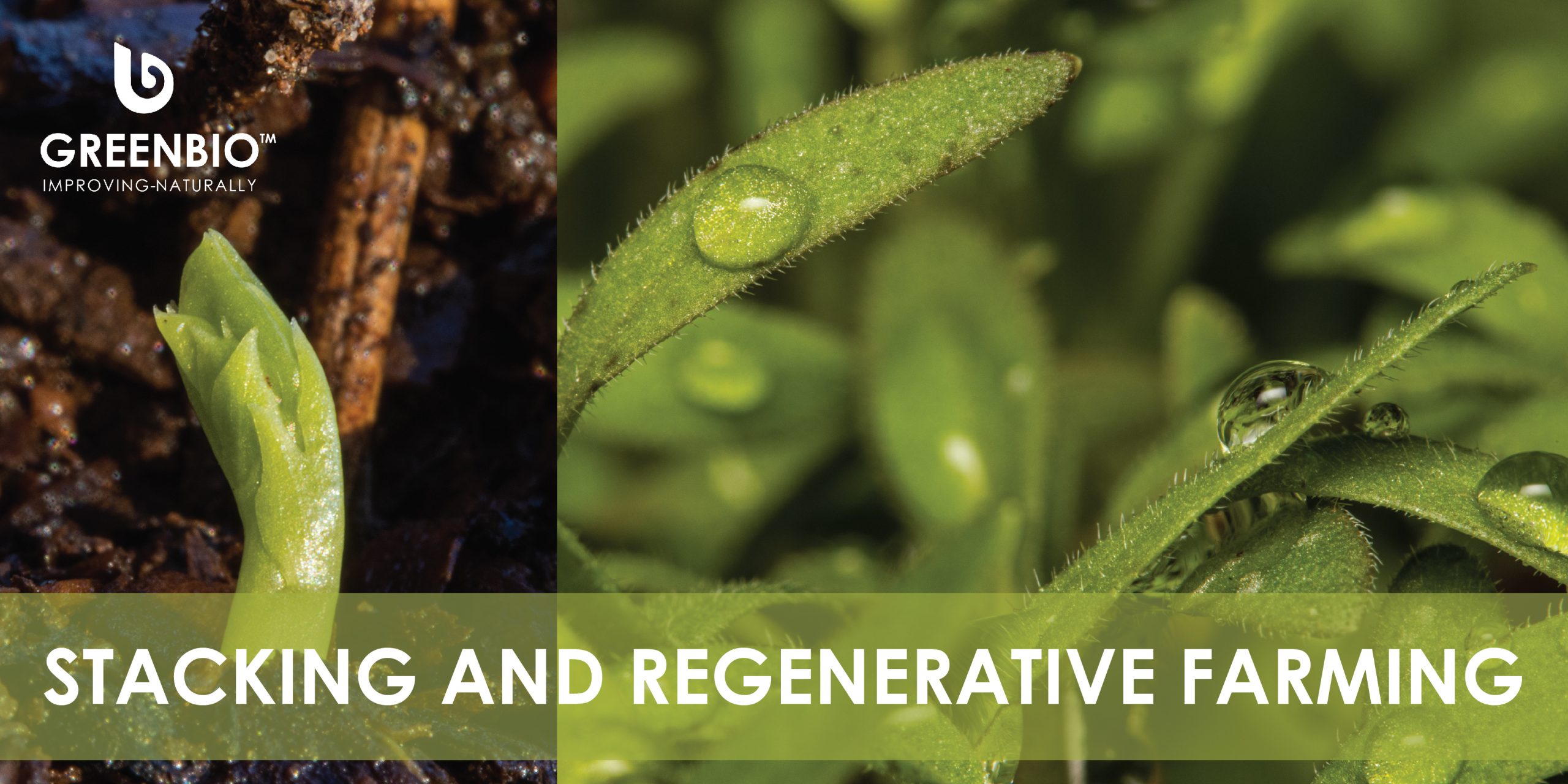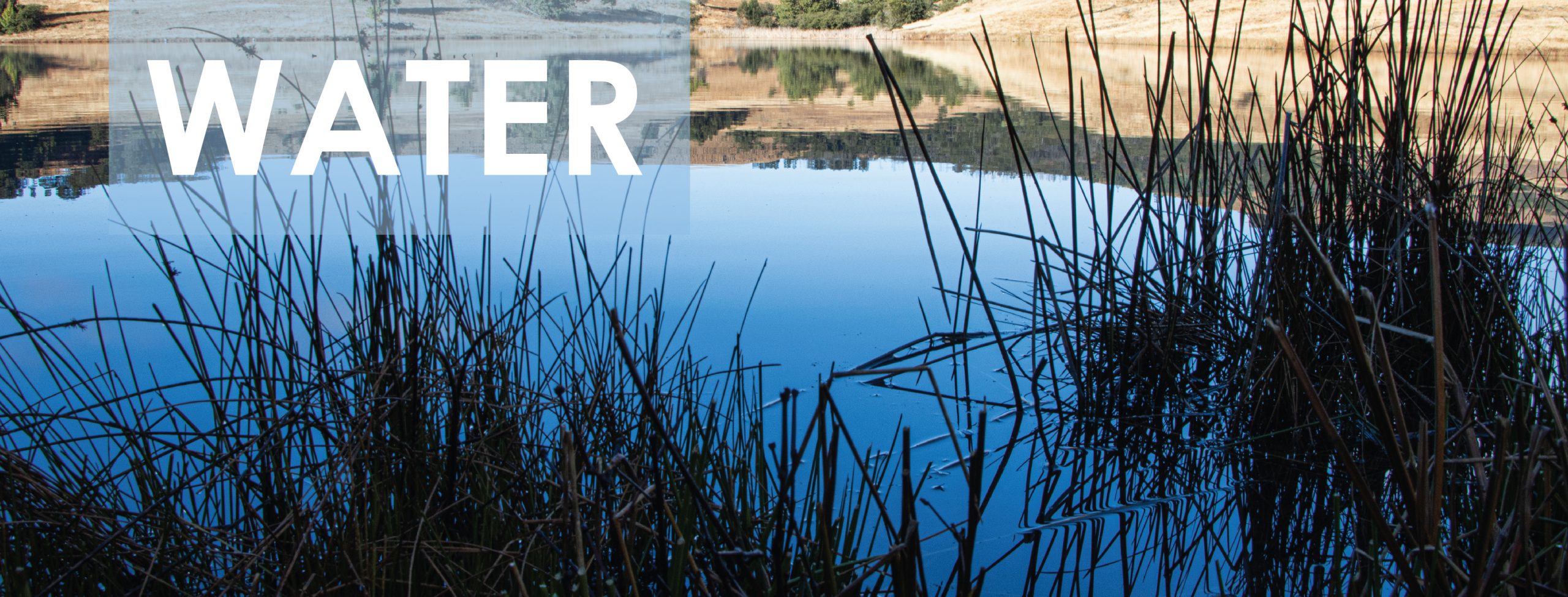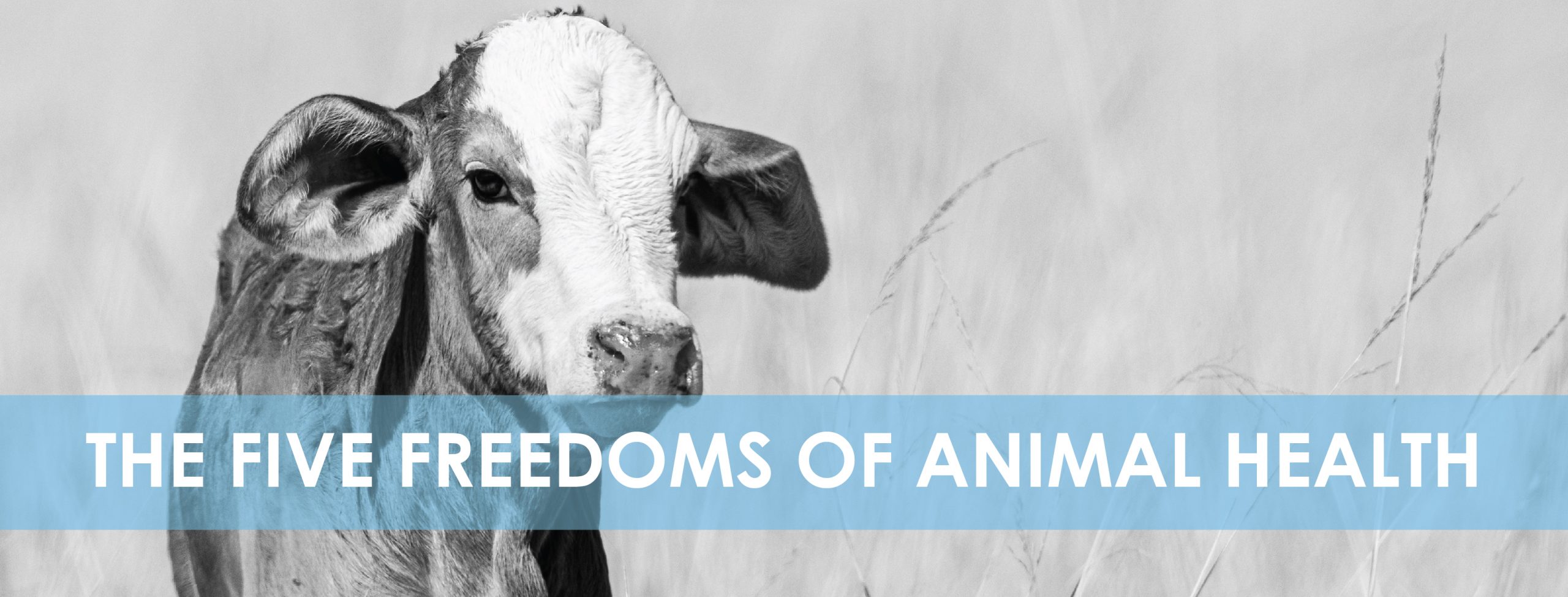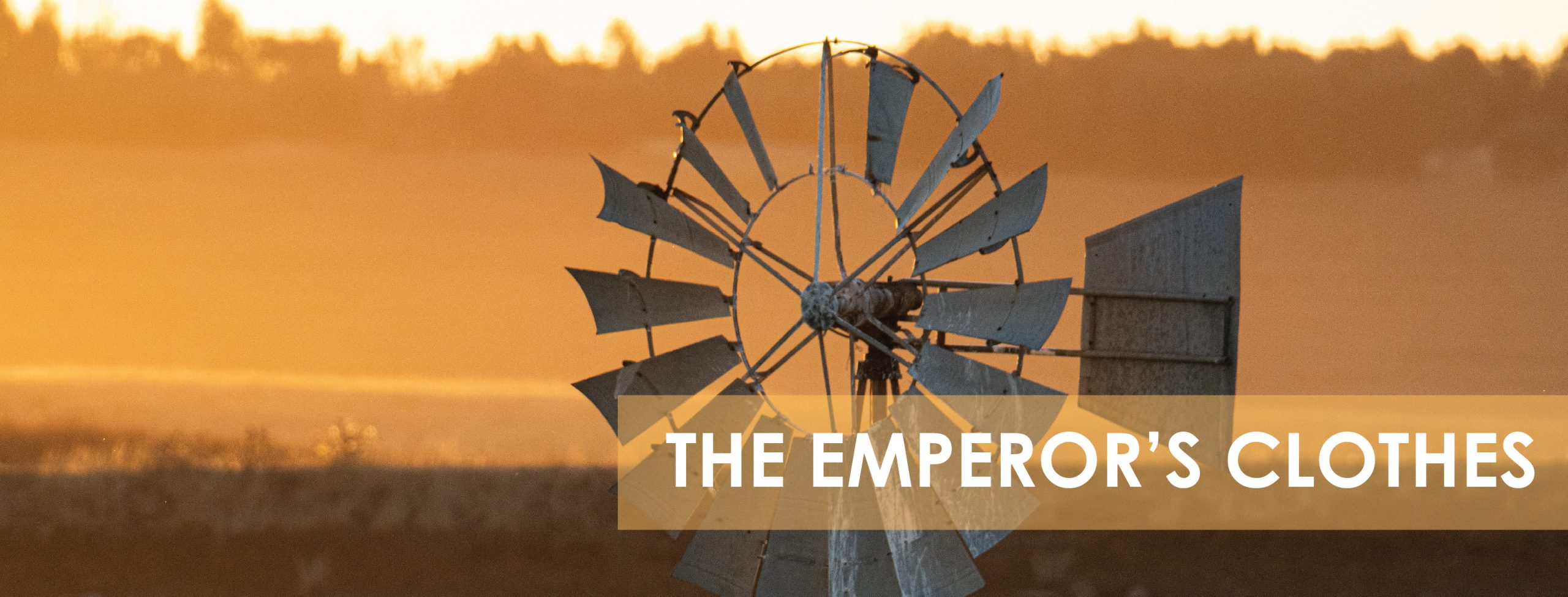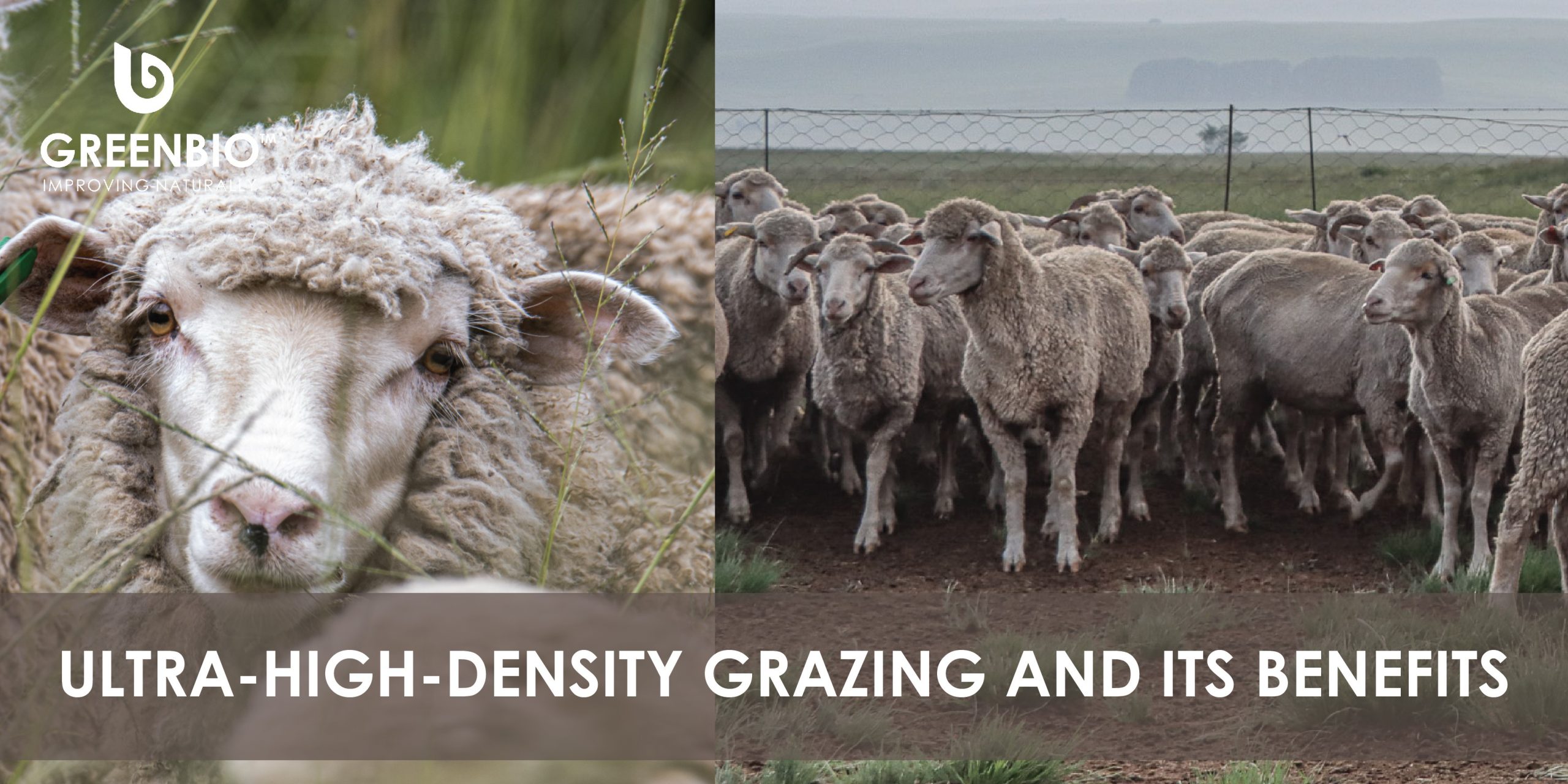Latest News

What is topsoil?
Category: Blog
What is topsoil? Topsoil is the uppermost layer of soil – usually the top 5 to 10 inches. It generally has the highest concentration of organic matter and microorganisms. Most of the earth’s biological activity occurs in topsoil. Topsoil is weathered rock that has come into contact with a living root. Topsoil is composed of minerals, organic matter, micro-organisms, water, and air. The 5 different groups of micro-organisms in topsoil are: Fungi Bacteria Protozoa Nematodes
Breeding Of A Bull
Category: Blog, Infographic, New, Podcast
How can we breed the perfect bull? There are certain criteria that a bull must comply to, to become a breeder bull. Firstly, he must be the son of a mother animal that calved at 24 and 36 months, if you can add 48 months, then that mother animal should be given a role of honour, on you farm. The bulls with the highest maturity index, hip height to weight ratio at a corrected 12
Stacking in regenerative agriculture
Category: Blog
Stacking in regenerative agriculture In stacking in regenerative agriculture, we concentrate on making the soil more resilient to drought, improve water penetration and retention. We aim to build up soil carbon and the soil organic matter to the benefit of the microbial health in the soil and the health of the plants, animals and humans. We produce nutrient dense food, because we have taken care of the soil. Stacking in regenerative agriculture and stacking of
Chasing the Disease
Category: Blog
Chasing the disease Salespeople can be very convincing that our production is at risk of various production losses due to threats if we do not use their products. Therefore, we often blanket treat our production herds before a threat has even emerged. This management practice is one of the biggest drivers of increased production cost. The question is, “How do we build resilience into our herd so that we do not have to blanket treat
Regardless of our accomplishments, we owe our existence to a six-inch layer of topsoil, water, and the fact that it rains. We cannot survive without it. In Southern Africa we realise this on a daily basis. We have prolonged droughts and unusual weather patterns. Our seasons are ever changing. Healthy robust topsoil can retain more water than degraded “moeg geploegde” soil, water penetration and water retention leave a lot to be desired. How often do
The Five Freedoms of Animal Welfare
Category: Blog
The Five Freedoms of Animal Welfare It is a well-known fact that production animals produce better in a stress-free environment. This is true for all living organisms in every production system. Animals and humans get diseased as soon as there are any signs of stress. Consequently, production drops. Here we discuss the five freedoms of animal welfare. The question is: “How can we produce animal protein that is crucial for the wellbeing of humans? Without
Life Creates Life
Category: Infographic
Life Creates Life This philosophy is instilled in all of our products, to enhance every part of your agricultural ecosystems so that all life in it reaches its genetic potential, naturally. Creating regenerative, holistic agricultural systems sustains successful business; rich and fertile soils, abundant crops, strong livestock, genetically superior ecosystems as a whole and healthier humans who will eat the the most nutritious, hormone and antibiotic free foods.
The Emperor’s Clothes
Category: Blog
Farm with Mother Nature. By: Gerry Weber “The right to search for the truth implies also a duty; one must not conceal any part of what one has recognised to be true” – Albert Einstein How can we as humans get it so wrong, so often? And when people warn us about the consequences of our actions – we still want to defend our right to make money and to further destroy and harm the
The Importance of Fertility in Ultra High Density Grazing More and more farmers are seeing the benefit of using Ultra High-Density Grazing (UHDG) to rejuvenate their veld and to increase their stocking rate at the same time. There is no doubt that when applying this management system, the veld is rejuvenated. The diversity in all aspects increases, from grasses, legumes, forbes, insect life and bird life. We focus on the importance of fertility in Ultra
What Next?
Category: Blog
Will our world ever be the same again after COVID-19? What next? After all is said and done will the realisation of what we have done – our destruction of the environment and where we have gone wrong – be enough to motivate us to actually change our actions, our relationships, and ourselves? Nature is resilient if we just look at the various disasters that have affected humanity over the last couple of decades: Chernobyl


